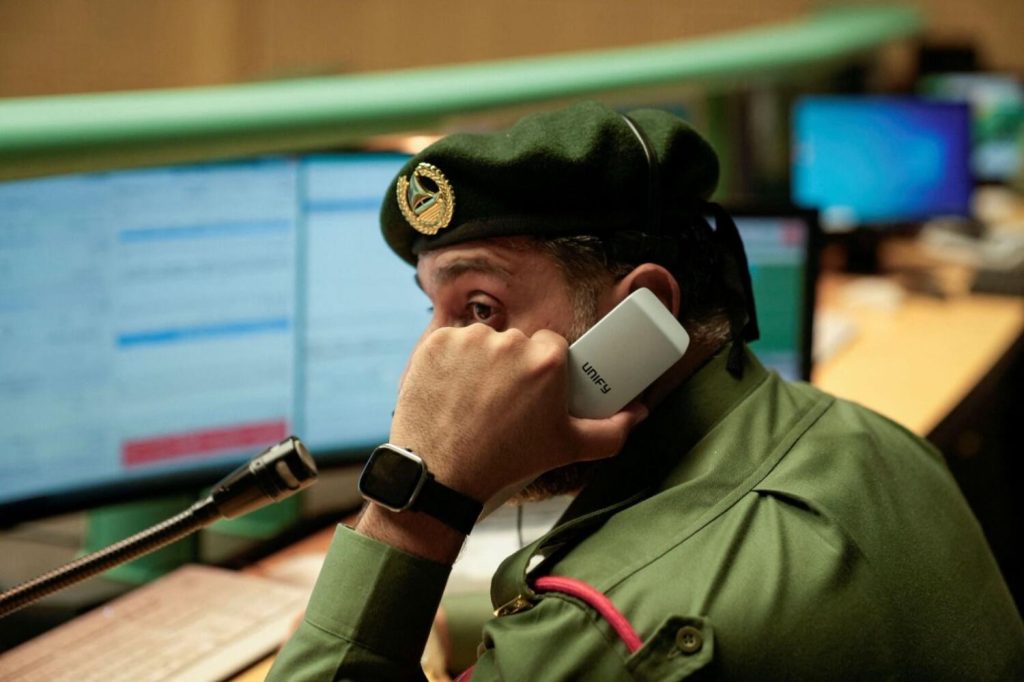UAE authorities have significantly enhanced the country’s security by implementing an artificial intelligence-driven Crime Map, which helps predict and prevent crimes before they occur. Dr. Mohamed Al Kuwaiti, head of the cybersecurity department, revealed that in the past year, the system successfully prevented more than 50 suicide cases among other crimes, including murder, drug dealing, and fraud. This announcement was made during the AI Everything conference held in Abu Dhabi.

The Crime Map initiative results from a collaboration between the UAE Public Prosecution and the cybersecurity department. Salem Ali Juma Al Zaabi, head of Emergency, Crisis, and Disaster Prosecution at UAE Public Prosecution, explained that the Crime Map utilizes algorithms based on historical crime data and global trends to issue predictions, notifications, and reports. He emphasized the importance of being proactive in understanding emerging criminal activities, stating, “We are working directly with the Cybersecurity Council. We are also trying to push our imagination to be ready for new acts of crime.”
According to Khaleej Times, Al Zaabi acknowledged the challenges posed by the innovative tactics employed by criminals. He stressed the need for internal and international collaboration with various entities to effectively predict and prepare for potential crimes. He noted, “And we have to keep the prosecutors ready, thinking proactively, in order to investigate such crimes. How can you investigate something that you don’t know or are not ready for?”
Dr. Al Kuwaiti further highlighted that the privacy and security of information remain paramount for the UAE. He stated, “It is our number one priority.” He explained that many monitored individuals had previously committed or initiated criminal activities. Through data analysis and historical insights, the Crime Map has proven to be effective in preventing crimes. “We use our data in a very clear, specific, governed type of framework,” he added.
The use of surveillance cameras across the country also plays a critical role in crime investigation. Dr. Al Kuwaiti remarked, “After the crime happens, we go and investigate. But, we want to prevent that.” He mentioned that AI models offer early warning indicators that help authorities focus on specific threats. This proactive approach enables them to secure court orders or subpoenas when necessary.
In addition to crime prevention, Dr. Al Kuwaiti provided insights into the cybersecurity landscape in the UAE. He reported an average of over 200,000 cyber attacks daily, including social engineering and phishing attempts. To combat these threats, the UAE employs a Next Generation Security Operations Centre, an AI-powered facility capable of automatically stopping more than 90 percent of these attacks. He noted that there are identifiable patterns and behaviors associated with these attacks, which can be detected early through their early warning system.

Leave a Reply